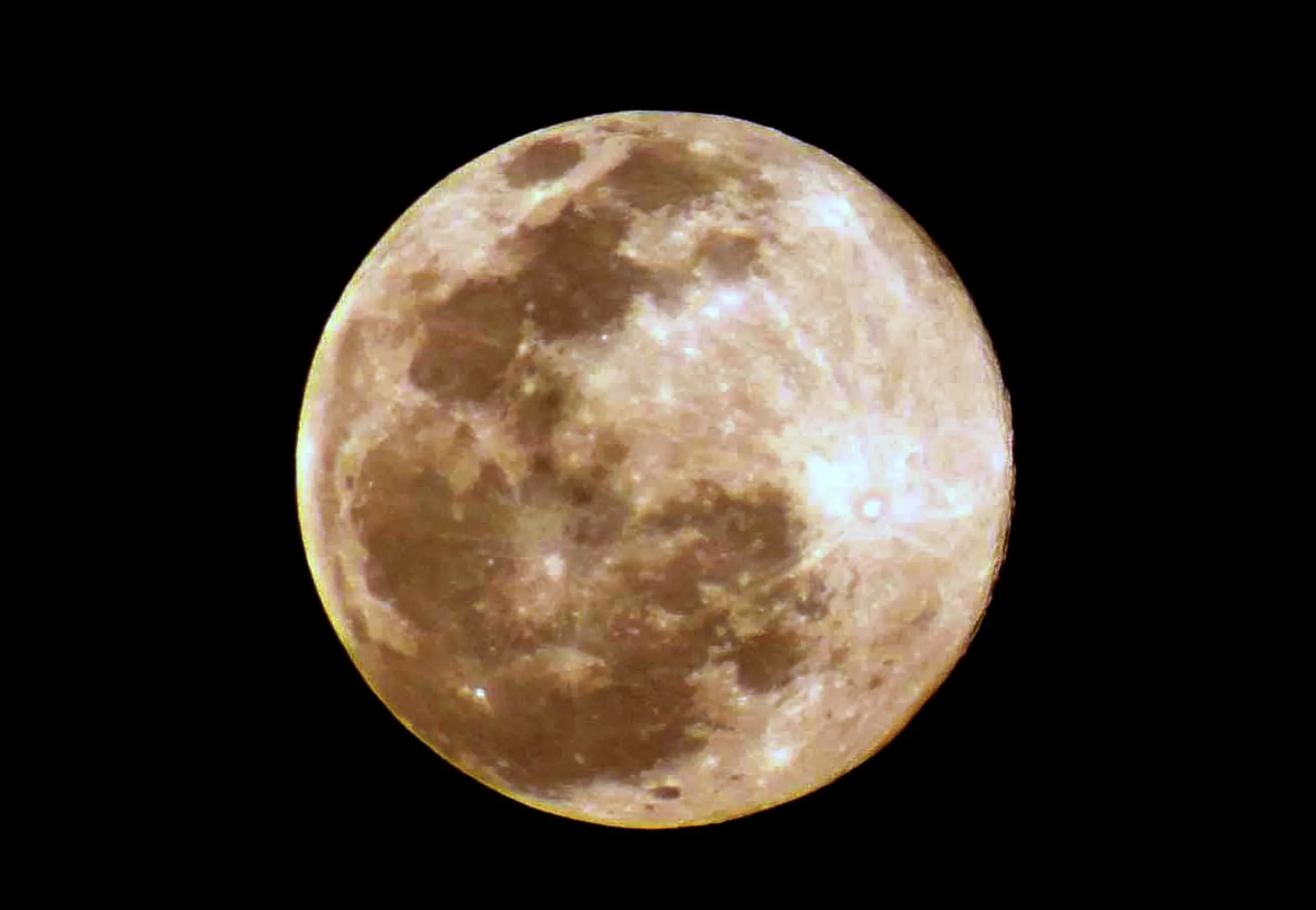New Delhi, May 3
China successfully launched the Long March-5 Y8 carrier rocket on Friday. The spacecraft, carrying the Chang’e-6 lunar probe, embarked on a mission to retrieve lunar samples from the far side of the Moon.
The China National Space Administration (CNSA) confirmed the triumph of the launch as the Chang’e-6 spacecraft, adorned with two pairs of smoothly opening solar panels, began its journey.
Media reported that unlike its predecessor, Chang’e-5, which brought back samples from the near side of the Moon in 23 days, the round trip of Chang’e-6 is slated to last approximately 53 days. Moreover, the quantity of lunar samples expected to be returned is anticipated to surpass that of the Chang’e-5 mission, with an estimated haul of around 2,000 grams of lunar dust and rocks.
The Chang’e-6 mission aims to achieve several objectives, including pioneering advancements in lunar retrograde orbit design and control, intelligent sampling techniques on the far side of the Moon, and successful ascent from the lunar surface. Additionally, the mission will facilitate scientific exploration of the landing area and foster international collaboration in space exploration endeavours.
Following the completion of sampling activities, the ascender module will lift off from the far side of the Moon and dock with the orbiter-returner combination. Subsequently, the collected lunar samples will be transferred to the returner module for the journey back to Earth, re-entering the atmosphere and landing in Siziwang Banner.
The targeted drilling location for lunar samples is the Aitken Basin at the lunar south pole, a region believed to harbour water ice and possess significant scientific research value due to its ancient and deeply impactful crater basin formation.
The Chang’e-6 mission will also carry a suite of international payloads to the Moon, including instruments from the European Space Agency, France, Italy, and a CubeSat from Pakistan, fostering a collaborative approach to lunar exploration.







